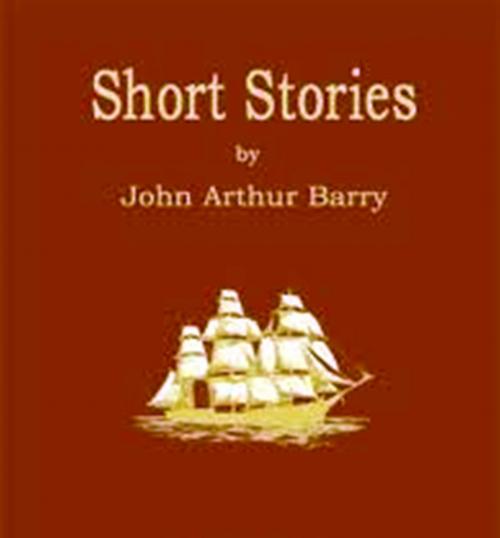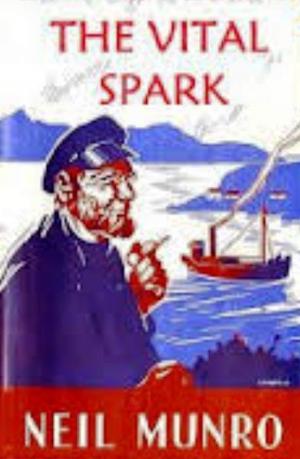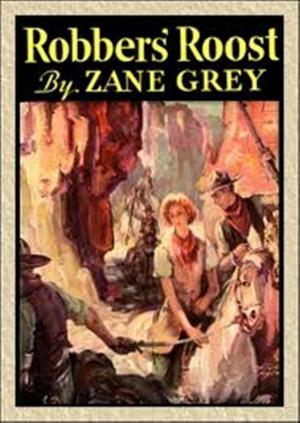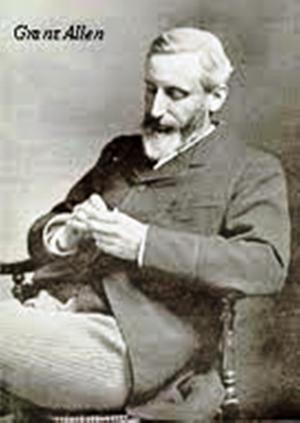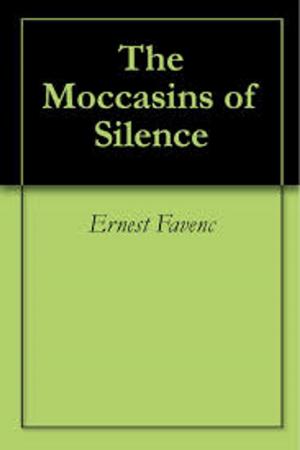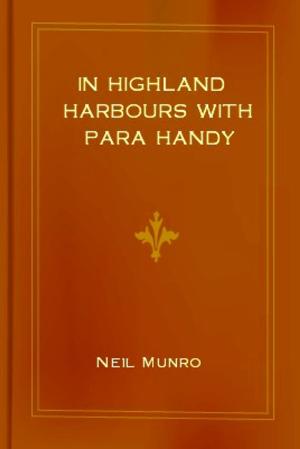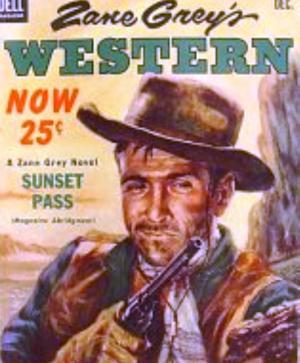| Author: | John Arthur Barry | ISBN: | 1230000140333 |
| Publisher: | WDS Publishing | Publication: | June 9, 2013 |
| Imprint: | Language: | English |
| Author: | John Arthur Barry |
| ISBN: | 1230000140333 |
| Publisher: | WDS Publishing |
| Publication: | June 9, 2013 |
| Imprint: | |
| Language: | English |
"It is consolatory to reflect that while other nations are fighting for social existence and preventing an excess of population by fratricidal war, we are bridging over the immensity of the ocean to encourage clamorous and discontented multitudes to fly to a land of exuberant plenty; and that instead of slaughtering men at the barricades we are enabling them to build up a mighty Empire in a distant land, in which they can enjoy every political and social blessing."
The above gratulatory effusion appeared fifty-five years ago in a Sydney newspaper of the period, and was inspired by the near prospect of steam communication with Great Britain and the increasing number of immigrants arriving on Australian shores. It was, however, in the course of the next few years after the discovery of gold that the peopling of the young "land of exuberant plenty" began in real earnest. Tall ships crammed with men, women, and children brought their human cargoes from many parts of the world, and discharged them on to Australian soil for months at the rate of some 3000 per month. Of course, as might have been expected, in a long passage of at times immense duration, discomforts, and even hardships, of every description had to be undergone by those bound for the so distant new country. English vessels appear to have been the best from an immigrant's point of view in all respects of accommodation, food, and treatment generally. Scotch ships, on the other hand, gained an unenviable notoriety in the above details as regarded the care of their passengers. American immigrants, however, appear to have had the worst times of all, if the following instance is to be taken as any sort of average guide:—
"It is consolatory to reflect that while other nations are fighting for social existence and preventing an excess of population by fratricidal war, we are bridging over the immensity of the ocean to encourage clamorous and discontented multitudes to fly to a land of exuberant plenty; and that instead of slaughtering men at the barricades we are enabling them to build up a mighty Empire in a distant land, in which they can enjoy every political and social blessing."
The above gratulatory effusion appeared fifty-five years ago in a Sydney newspaper of the period, and was inspired by the near prospect of steam communication with Great Britain and the increasing number of immigrants arriving on Australian shores. It was, however, in the course of the next few years after the discovery of gold that the peopling of the young "land of exuberant plenty" began in real earnest. Tall ships crammed with men, women, and children brought their human cargoes from many parts of the world, and discharged them on to Australian soil for months at the rate of some 3000 per month. Of course, as might have been expected, in a long passage of at times immense duration, discomforts, and even hardships, of every description had to be undergone by those bound for the so distant new country. English vessels appear to have been the best from an immigrant's point of view in all respects of accommodation, food, and treatment generally. Scotch ships, on the other hand, gained an unenviable notoriety in the above details as regarded the care of their passengers. American immigrants, however, appear to have had the worst times of all, if the following instance is to be taken as any sort of average guide:—
